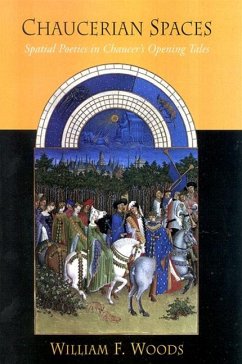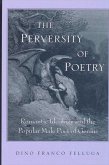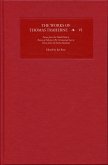Chaucerian Spaces explores the affect and the significance of space and place in the first six tales in Chaucer's Canterbury Tales. Relatively little has been written about space in the Canterbury Tales, yet the rewards for attending to this aspect of Chaucer's aesthetic are considerable. Space indicates the potential for characteristic action, development, and a more profound expression of being. In these tales, characters inhabit a landscape and places within it that express their inner life. Emelye in her garden, Palamon and Arcite in the grove-all occupy spaces or places that manifest social destiny and individual intention. Space and subjectivity change as territories give way to households, and the horizons of consciousness shrink to the core of human intent. Most striking is the transformation of women in place. Emelye, Alysoun, even Custance and the Wife of Bath, dwell in places that express their social and economic potential. They are in place, but place is also in them: they merge in metaphor with the places that express them, bringing the reader closer to the sensible, reflective experience of the medieval subject.
Dieser Download kann aus rechtlichen Gründen nur mit Rechnungsadresse in A, D ausgeliefert werden.









